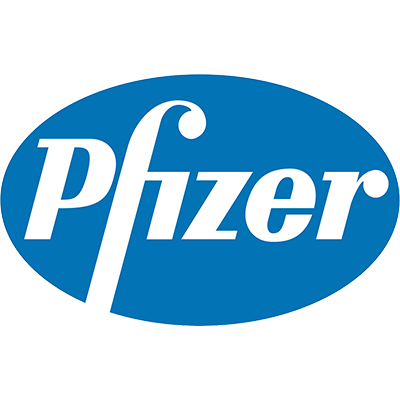PFIZER’S NEW PHASE 1B RESULTS OF GENE THERAPY IN AMBULATORY BOYS WITH DUCHENNE MUSCULAR DYSTROPHY (DMD) SUPPORT ADVANCEMENT INTO PIVOTAL PHASE 3 STUDY

Friday, May 15, 2020 – 8:00amEDT
Pfizer Inc. (NYSE: PFE) today announced updated Phase 1b clinical data on PF-06939926, an investigational gene therapy being developed to treat Duchenne muscular dystrophy (DMD). The preliminary data from 9 ambulatory boys with DMD, aged 6 to 12 (mean age: 8 years) indicate that the intravenous administration of PF-06939926 was well-tolerated during the infusion period, with encouraging efficacy and manageable safety events, even when considering those adverse events that were more severe in nature. The treatment provided durable and statistically significant improvements across multiple efficacy-related endpoints measured at 12 months post-infusion, including sustained levels of mini-dystrophin expression and improvements on the North Star Ambulatory Assessment (NSAA) rating scale, which is a validated measure of muscle function. Three serious adverse events (SAEs) were recorded, two of which reflected likely complement activation. While these two SAEs were severe in nature, all three events fully resolved within 2 weeks, providing encouragement that close monitoring and early intervention can help mitigate the effects of complement activation. This new dataset, which includes updated 12-month results on safety, dystrophin expression, and exploratory functional endpoints for 3 additional boys, was presented for the first time during a virtual oral session today at the American Society of Gene & Cell Therapy (ASGCT) Annual Meeting.




